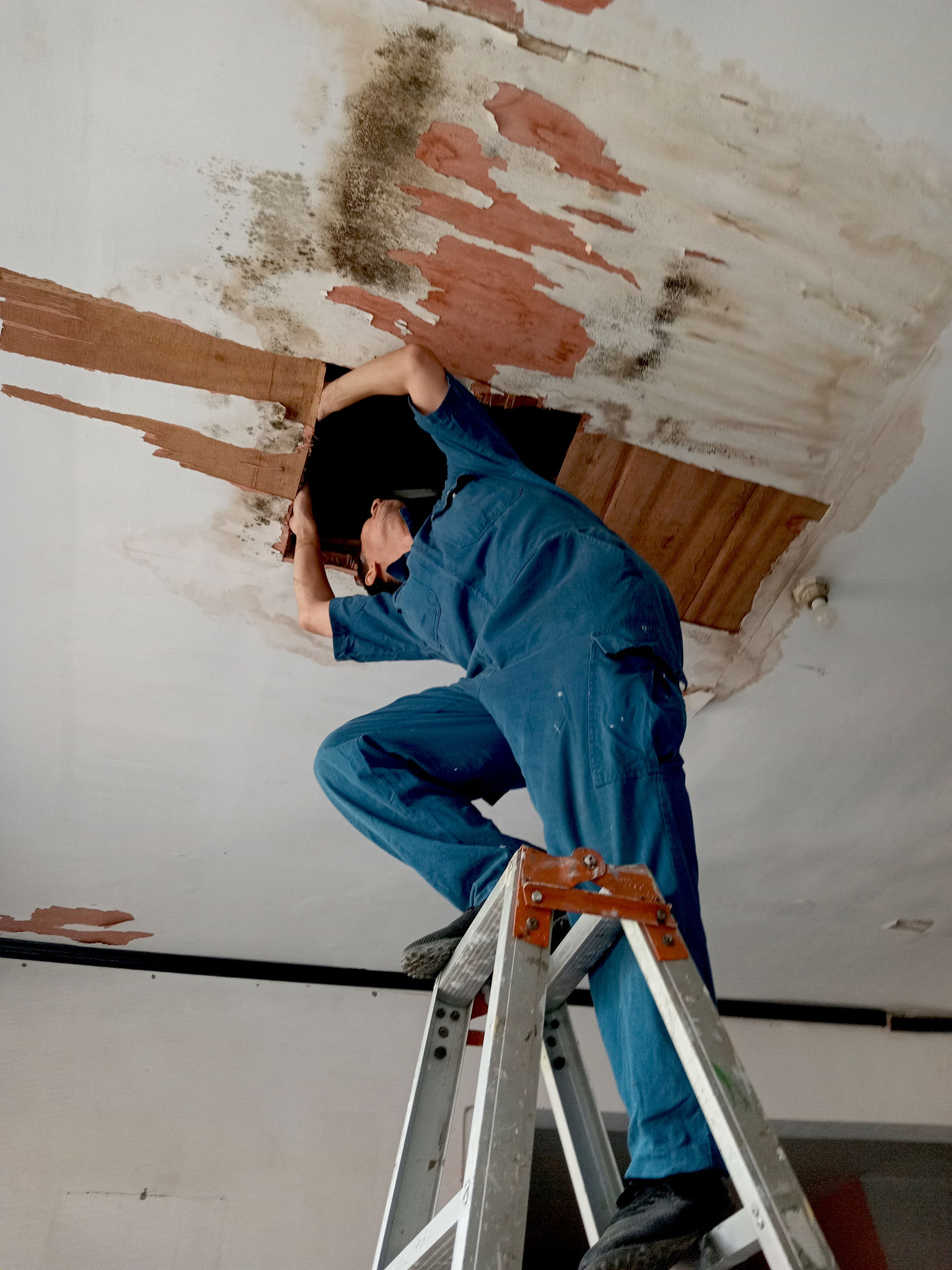Foundation Issues? Here’s How They Impact Your Home’s Value in San Antonio
Understanding Foundation Issues
The foundation of your home is one of its most crucial components. Any issues with it can have a significant impact on the overall structural integrity and, consequently, the value of your property. In San Antonio, where soil conditions can vary widely, understanding foundation issues is essential for homeowners looking to maintain or increase their home's market value.
Foundation problems often manifest through visible signs such as cracks in the walls, uneven floors, or doors that won't close properly. These symptoms can indicate underlying issues that, if left unaddressed, could lead to more extensive and costly repairs.

How Foundation Issues Affect Home Value
When it comes to selling a home, foundation issues can be a significant red flag for potential buyers. Here are some ways these problems can impact your home's value:
- Reduced Marketability: Homes with visible foundation problems can be harder to sell. Buyers may be deterred by the potential costs and headaches associated with repairs.
- Lower Appraisal Value: A compromised foundation can lead to a lower appraisal value, which affects your ability to sell at your desired price.
- Negotiation Leverage: Buyers who are still interested may use foundation issues as leverage to negotiate a lower purchase price.
Addressing these problems proactively can help mitigate these negative impacts and keep your home's value intact.

Common Causes of Foundation Problems in San Antonio
San Antonio's unique environmental conditions contribute to foundation issues. The following are some common causes:
- Soil Composition: The expansive clay soils found in the region can expand and contract with moisture changes, leading to foundation movement.
- Poor Drainage: Inadequate drainage around the home can cause water to accumulate and destabilize the foundation.
- Tree Roots: The roots of large trees planted too close to a home can exert pressure on the foundation, leading to cracks and shifts.
Understanding these causes can help homeowners take preventive measures against potential damage.
Steps to Mitigate Foundation Issues
If you're facing foundation issues or want to prevent them, consider taking the following steps:
- Regular Inspections: Conduct routine checks for signs of damage such as cracks or water pooling near the foundation.
- Maintain Proper Drainage: Ensure gutters and downspouts are functioning correctly to direct water away from the home.
- Soil Maintenance: Keep soil moisture levels consistent by using soaker hoses during dry periods.

These proactive measures can help preserve your home's structural integrity and value.
The Role of Professional Assessment
If you suspect foundation issues, it's crucial to consult with a professional. A structural engineer or foundation specialist can provide a comprehensive assessment and recommend appropriate solutions. This expert input is invaluable in determining the extent of the damage and the best course of action for repairs.
A professional evaluation also offers peace of mind to potential buyers, reassuring them that any problems have been addressed properly.
The Investment in Repairs
Repairing foundation issues may seem like a daunting expense, but it's an investment in your home's future value. Proper repairs can enhance your home's safety, aesthetic appeal, and marketability. While costs vary depending on the severity of the damage, addressing problems early can prevent more expensive repairs down the line.
In San Antonio's competitive real estate market, maintaining your home's foundation is key to preserving its value and ensuring a successful sale when the time comes.
